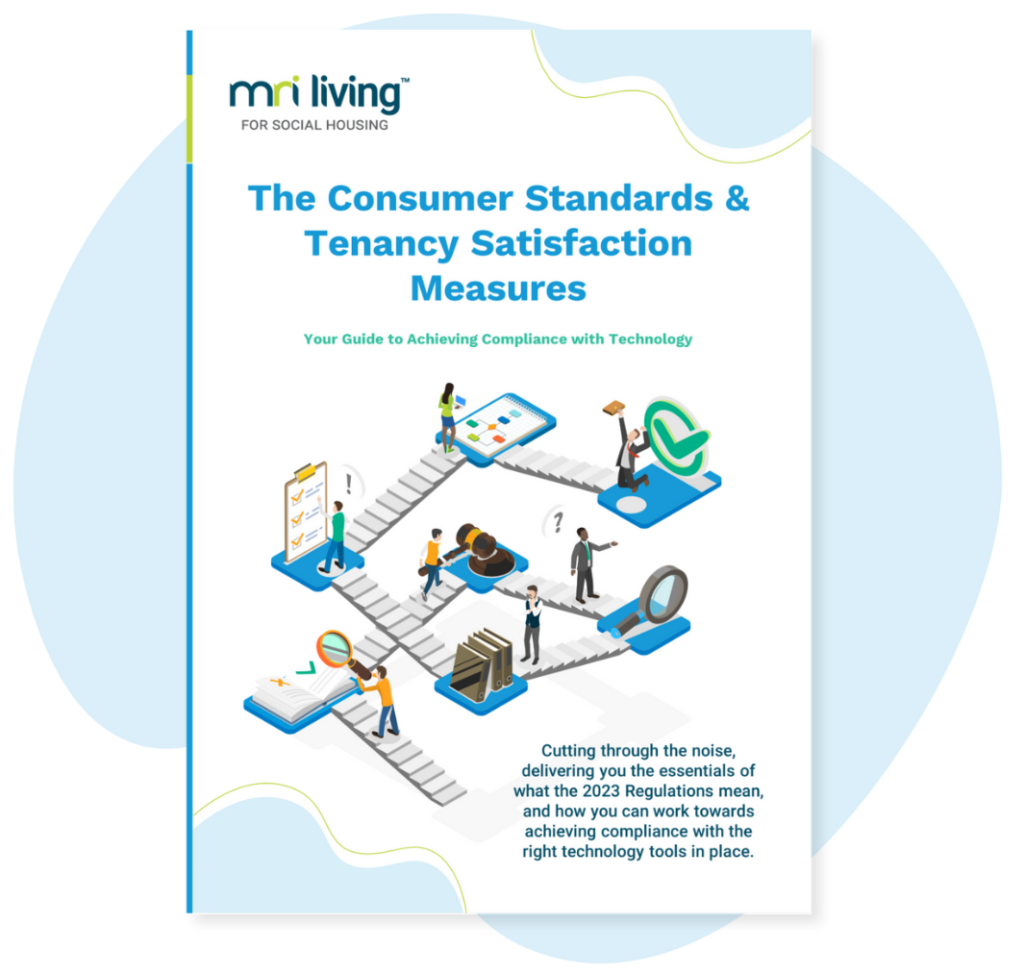Building Sustainable Tenancies: Tenant Scrutiny Panels
A tenant scrutiny panel is a voluntary tenant-led group who, working closely with housing providers conduct formal research and feedback of housing provider practices. Through scrutiny, customers can make a substantial and central contribution to the assessment of a landlord’s performance.
“The private sector is now more civic minded than ever; largely because they recognise that a more collegiate approach delivers the best outcomes and has a positive impact on their business, their staff, and their reputation.”
Ruth Duston, OBE, OC, CEO of Victoria BID
A tenant scrutiny panel is a voluntary tenant-led group who, working closely with housing providers conduct formal research and feedback of housing provider practices. Through scrutiny, customers can make a substantial and central contribution to the assessment of a landlord’s performance.
Scrutiny is a critical examination of services, underpinned by good quality, up-to-date performance data and reports. The work of a tenant scrutiny panel is informed by customer engagement conducted by residents; tenant scrutiny is an important component of meeting the expectation to continuously improve performance and co-create the future.
Establishing a conversation between housing providers and tenants in which both parties can share challenges, suggestions and compromises can help businesses in multiple fashions. From primary research, organisations can learn more about how strategies actually impact tenants and in turn, tenants can gain a wider insight and understanding of the mechanisms of social housing.
According to the Centre for London, only around 35% of Londoners believe that they can directly influence local decisions, however 65% think that it’s important that they’re able to. As housing is such a fundamental part of people’s lives, it’s likely that tenants will have a lot to share on how it can be improved and when social housing providers are in touch with their tenants closely, scrutiny panels can be a pathway for more people to positively impact their community, while helping housing providers deliver a better customer experience.
Since its inception a century ago, providers of social housing have worked with their tenants to gain insights into their work. In recent years more and more providers have been seeking formal review and criticism from their tenants and in some cases, offering accredited training to equip tenants with the skills and knowledge to better investigate and analyse the work of a housing provider.
In order to build effective scrutiny panels for organisations, the Government of Scotland’s Social Housing Services Team have compiled three ‘Principles of Scrutiny’ to follow:
- Formality
Clear roles, processes, goals and subsequent methods of reporting should be established within the panels and all new members should be trained in how these work.
- Independence
The activities of a scrutiny panel should be separate from the management and governance of other tenant participation groups, such as tenant associations and from the housing providers involved – whilst still having a recognised status and support from these organisations.
- Power
Tenants should feel that their work will actually be able to impact their experiences or others’ experiences of services. Where the panel’s recommendations cannot be enacted the housing provider should take the time to explain why that is the case.
By inviting tenants to get involved and spend their time trying to identify the pain points of their housing provider, a level of skills exchange should be provided; landlords are asking tenants for their specific viewpoint, but it is also important for the housing provider to share theirs. A primary issue to address is ‘Jargon busting’; many people will be new to the specific language of the sector and may need assistance on how to engage with publications and data. One tenant group, the People’s Empowerment Alliance for Custom House (PEACH) practiced shouting “Jargon” in meetings with developers and architects of their estate to make sure nobody was left behind and themes and intricacies were explained in plain language.
Case Study: Phoenix Housing
South London based Housing Association, Phoenix Housing wanted to encourage more residents to get involved at board level. To achieve this, they created a housing academy with three levels of training accredited by the Chartered Institute of Housing (CIH). The academy describes itself as ‘The School of Social Housing’ and strives to teach residents about the sector and provide organisation and leadership skills to run effective tenant groups. Alongside the academy attendees have the opportunity to visit City Hall and the Houses of Parliament to get closer to how local and national governance work.
Of the 180 graduates of the academy, three became Phoenix Housing board members, with others joining scrutiny committees and other groups for local governance.
“It shows Phoenix is trying to do something to make tenants aware of the situation within social housing. Phoenix has begun to build its own homes, and the course has helped residents understand the implications of this. It’s really useful to have more information behind you – to know the ways social housing is being battered and what we can do to help.”Academy attendee, Phoenix Academy
Case Study: East Ayrshire Council
Scrutiny panels are not a catchall solution to addressing tenant concerns. Sometimes the recommendations brought forward cannot be acted upon. At East Ayrshire Council when this is the case officers will meet with the scrutiny panel to explain in detail why that is. Sometimes legislation, or funding can be the reason objectives can’t be achieved, however unless that’s communicated, tenants may think their views aren’t being heard.
An example of this at East Ayrshire Council was a proposal that all new bathrooms come with vinyl or tile flooring. This couldn’t be achieved and officers explained to the scrutiny panel that the trade-off would have been fewer households having new bathrooms installed. A compromise was reached and a promise was made to install level floorboards so that tenants then had the best conditions to install the flooring of their choice.
At first the Council took a longer time to meet with the scrutiny group than expected, which led to the two groups agreeing on a code of practice to make sure timescales and expectations were transparent from both sides.
‘We know that one of the reasons why some tenants do not take up participation opportunities is they believe their landlord will not act upon what tenants have said they want through previous participation activities. It can lead to complaints such as ‘our landlord never listens to what tenants tell them’ or ‘they ask us for our views, but then do what they want’.
Resident participation in how social housing is delivered is a chance for organisations to bring focus to what they do well and their methods of communication with the customer. Co-creation is becoming the norm for consumer products, but it has more important implications when employed in relation to building and planning our neighbourhoods. As government funding continues to shrink, justifying our actions in close consultation with our customers will build trust and transparency and empower our customers to help us.
MRI Software build a number of solutions for the social housing sector. If you would like to know more about what we do, please drop an email to socialhousing@mrisoftware.com
The Consumer Standards and Tenancy Satisfaction Measures: Your Guide to Achieving Compliance with Technology
Cutting through the noise, delivering you the essentials of what the Consumer Standards and Tenancy Satisfaction Measures 2023 Regulations mean, and how you can work towards achieving compliance with the right technology tools in place. New regulatio…

